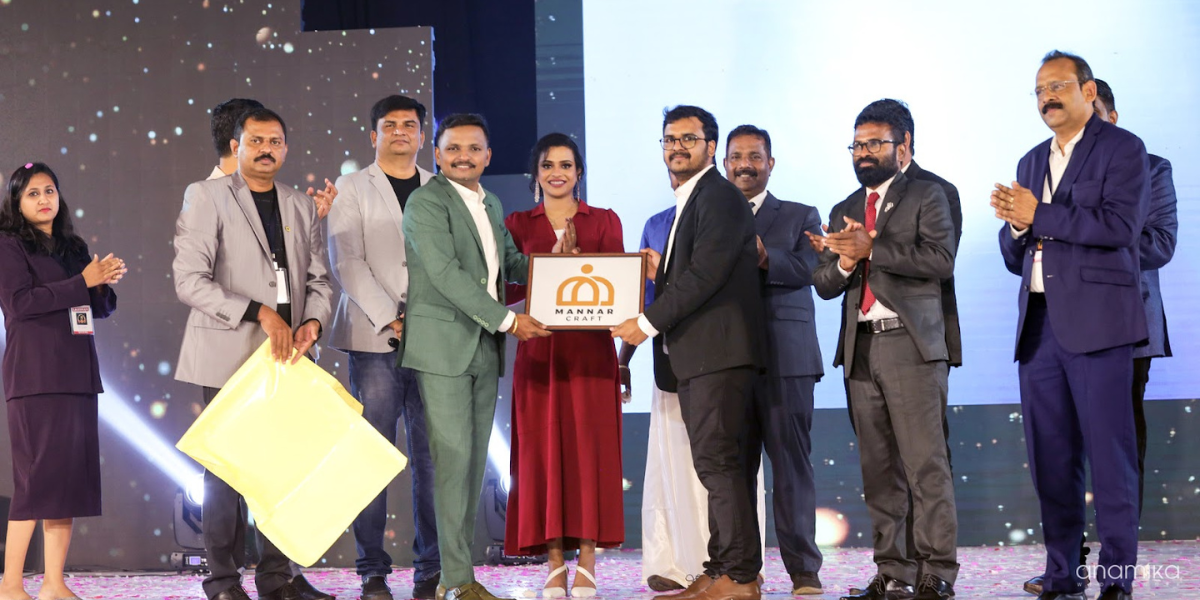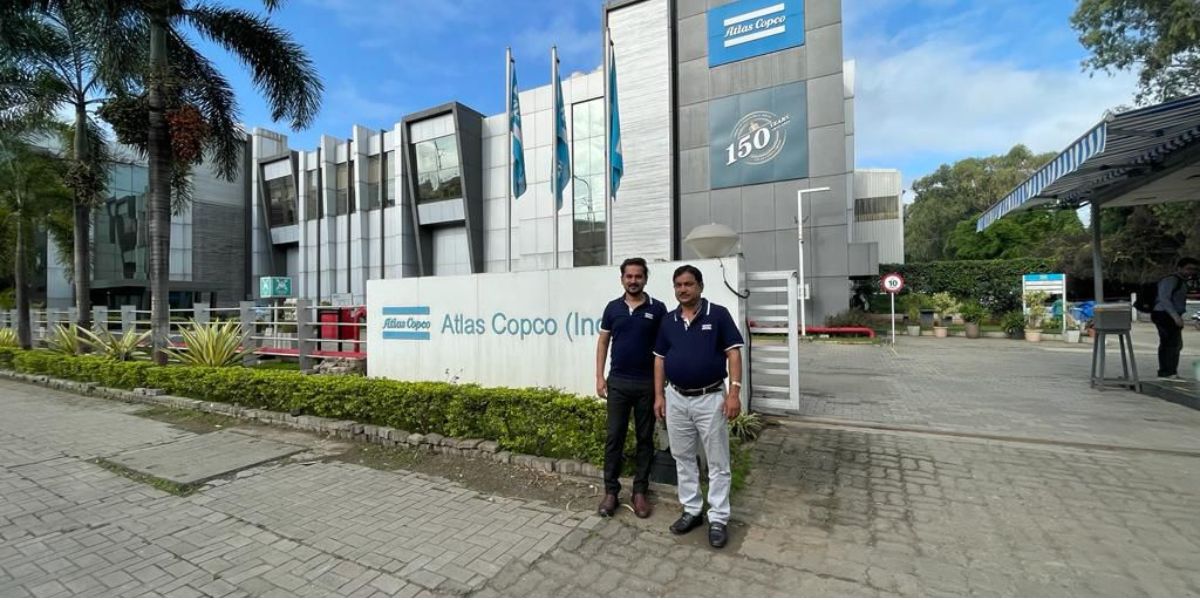Indian handicrafts are the pinnacle of our country’s extensive cultural diversity and rich heritage.
Indian artists create works of art carved into shapes that may be passed down to future generations while preserving the heritage of their homeland, culture, and myth.
The handicraft industry is essential to the Indian economy since it contributes significantly to exports and is one of the primary sources of employment. The state and local clusters contribute substantially to the export of handicrafts.
With more than 7 million regional artists and over 67,000 exporters, including export houses, promoting regional art and craftsmanship in the domestic and international markets, the Indian handicrafts sector is fragmented.
India lacked proper channels to introduce Indian handcraft to a worldwide audience till a few years ago. This situation is evolving quickly. Establishments like Mannar Craft have emerged that help Indian craftsmen gain attention in domestic and international markets.
The Background
Mohammed Sadiq had the idea for a digital marketplace for regional craftspeople to sell their creations back in 2017 when he was still studying engineering.
His family was already involved in producing these goods, which formed the basis of his in-depth knowledge of the sector and the neighborhood.
Sadiq conducted extensive market research, which produced a variety of findings. First of all, Kerala’s traditional crafts and goods market lacked organization.
The local artisans lacked the technical expertise to operate electronic machinery and the know-how to sell their wares locally and abroad in addition to the local market.
Sadiq realized that the extremely restricted commercial options Keralan artisans were experiencing finally had a significant influence on their source of income. As a result, local crafts were not receiving the recognition and exposure on a global scale that they deserved.
Additionally, the younger generation lacked the knowledge necessary to evaluate and buy conventional goods.
Additionally, neither the possibility of providing bespoke items nor having a broad range of product variants to appeal to both domestic and foreign customers had been explored by other providers.
A Platform For Indian Heritage
Sadiq saw the value of increasing the traditional handicrafts’ exposure to the world market and progressively raising the living and working conditions of the local communities of artisans.
Mannar Craft started reorienting the company to make the greatest indigenous crafts from Kerala available to consumers worldwide via an internet platform.
The firm’s fully functional e-commerce site serves as the public face of Kerala’s sole branded traditional crafts and goods and provides retail and wholesale dealings with international delivery.
The adventure began in a leased office/storeroom with one laptop and three employees, and it has now advanced to the point where it has a fully operational office setup with more than 30 employees working in different parts and the productive assistance of more than 300 craftspeople.
The firm has a productive team of workers who cooperate well in manufacturing, packing, sales, the back end, designing, and operations.
In a short period of time, Mannar Craft has assisted many artisans in overcoming their largest obstacle—their inability to keep up with the quick changes taking place in enterprises throughout the globe.
The Nitty-gritty of it
Mannar Craft helps local artisans gain more exposure abroad by selling their traditional goods worldwide. They provide various skillfully crafted handcrafted goods, from cooking to home décor.
They have succeeded in providing a substitute for hazardous non-stick cookware by reviving the market for conventional cast iron cookware. A large variety of cast iron, copper, brass, bronze, indalium, and wood items was introduced by Mannar Craft, which quickly became one of Amazon India’s top sellers.
Mannar Craft streamlines the process by finding finished items from craftsmen, taking orders, packaging them, and sending them to clients as needed. This is in contrast to Amazon or Flipkart, which compel the craftsman to handle the entire process from accepting orders to packing and shipping.
It aims to make Kerala’s crafts sector appear more organized and make it possible for people all over the globe to recognize the best and most priceless examples of local craftsmanship.
Overcoming Obstacles
Lack of finances is the major barrier to success for Mannar Craft. For startups to thrive, cash flow is crucial. Small businesses nowadays confront several difficulties, one of which is financial.
As income rises, expenses rise along with it, and to top it all off, startups are largely dependent on investors for financial assistance.
Other issues the company is dealing with include bad planning, bad leadership, failing to differentiate a product or service from others currently on the market, neglecting client demands, and failing to learn from mistakes.
A company may experience issues due to a lack of funding, bad locations, and premature scaling.
Accomplishments And Future Plans
Currently, Mannar Craft is among the top 10 Keralan sellers on Amazon. It is also a popular corporate giving choice in the nation. It provides unique brass pieces and traditional artifacts for Malayalam movies like Mamangam and Kayamkulam Kochunni. It is a top distributor and importer of crafts in India.
India’s ancient crafts are intricately woven with its rich cultural heritage and distinctive traditions.
Whether it’s the bamboo and cane crafts of Arunachal Pradesh, the Madhubani paintings of Bihar, the Pattachitra paintings of Odisha, or the Warli paintings of Maharashtra, at Mannar Craft, we think that the world should be able to experience these rich crafts and celebrate the history of India.
To make this a reality, the firm is working to source traditional crafts and artifacts directly from artisans in different states across the nation and export them to different parts of the world while offering the same assistance and stable income that it has been able to provide for the artisans in Kerala.






2 Comments